Growing numbers of baby boomer seniors are redefining how we age
THEY are the healthiest, wealthiest, happiest and longest living older generation we’ve known — and they’re determined to kick up their heels and enjoy themselves.
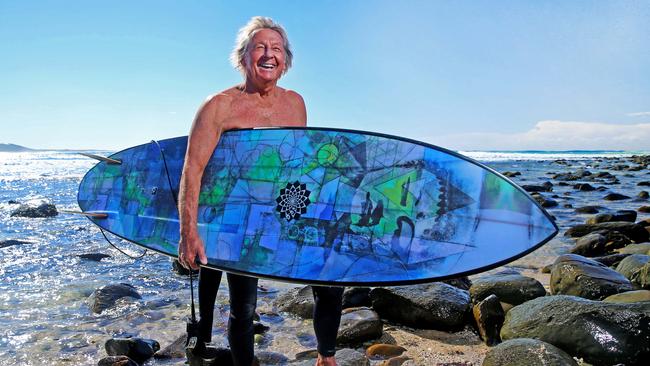
NSW
Don't miss out on the headlines from NSW. Followed categories will be added to My News.
They are the healthiest, wealthiest, happiest and longest-living older generation we’ve ever known — and they’re determined to enjoy themselves.
Experts say “70 is the new 50” with senior Aussies, many of whom fall into the Baby Boomer generation famous for flouting convention, now redefining what it means to be old.
Almost half of all NSW voters are now aged 50 and over. NSW Treasury papers describe the changing population as “our demographic destiny”, noting the rise in the median age of Australians from 29 in 1976, to 37 in 2015 to 41 by 2056.

“We project there will be a more than tenfold increase in those aged 100 and over, rising to over 18,000 people in 2056, from under 100 people in 1976 and 1500 currently,” the documents state.
In NSW just over 16 per cent of us, or 1.2 million residents, are 65-plus — an increase of 17 per cent since 2011, Minister for Ageing Tanya Davies said. The figure was just 5 per cent in 1920 and 9 per cent in the late 1970s.
Kathryn Greiner, chairwoman of a ministerial advisory council on ageing for the NSW government, said society has never seen anything like it.
“They’re winding the clock back — 70 is the new 50,” she said.
“They’re winding the clock back because they are remaining physically fit and healthy for longer.”
National Seniors commissioned a large-scale survey of Australians over 55 at the end of last year and discovered most people reported “feeling” an average 10 years younger than their chronological age, with the effect more pronounced among women.
Research director Professor John McCallum said the results showed that we should “redefine middle age” up to age 75.
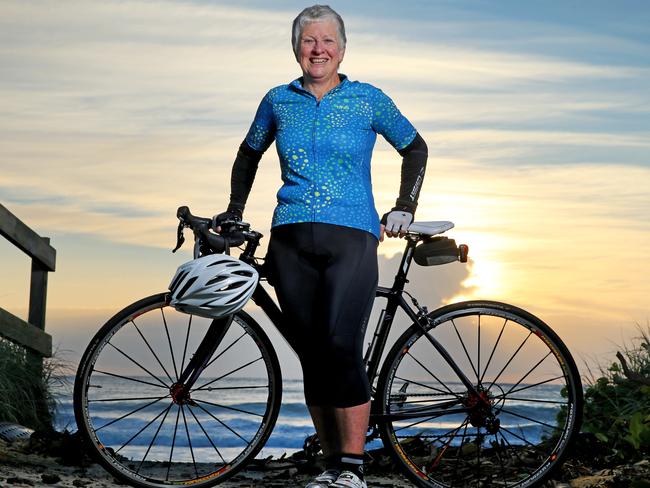
“People in that age group (over 65) used to be easily identified by grey hair, conservative clothes and retirement, but today many over 65s are still in paid employment or running their own businesses, socially active and intent on staying fit,” Prof McCallum said.
“The community needs to realise this and not be surprised or embarrassed about older people wanting to stay active and involved, in other words ‘acting young’.”
According to social researcher Mark McCrindle, based on current demographic trends, for the first time in Australia’s history by 2028 there will be more people aged over 60 than aged under 20. “We see massive increases in longevity, this is a generation that will live longer than any other generation and there’s an extra incentive to remain healthier for longer,” Mr McCrindle said.
When Australia’s age pension started in 1909, life expectancy at birth was 57 — today it is 80 for men and 84.5 for women.
“In fact, based on years of life expectancy, a 65-year-old today is the equivalent of a 54-year-old in 1950,” a report by Mr McCrindle says.
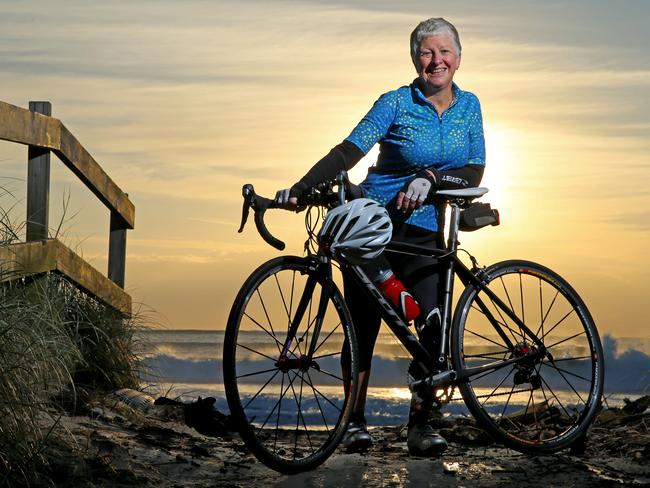
Former photographer and filmmaker Alby Falzon, 74, from Eungai Creek on the mid-north coast, surfs most mornings and has been a vegetarian for 40 years.
“The truth be known is we’re ageless,” he said.
“People get hung up about age, but it’s in your mind.”
He gets up an hour before sunrise to write every morning and says surfing makes his life very happy.
“I’ve read a lot of philosophy and thought about what makes people happy, and I believe you need to really live in the present and be grateful for that. You just have to live for the day and realise each and every moment is the precious gift. Connecting with nature helps achieve that,” Mr Falzon said.
Like 93 per cent of his generation, he doesn’t smoke and, along with 72 per cent of his compatriots, says he’s in good health.
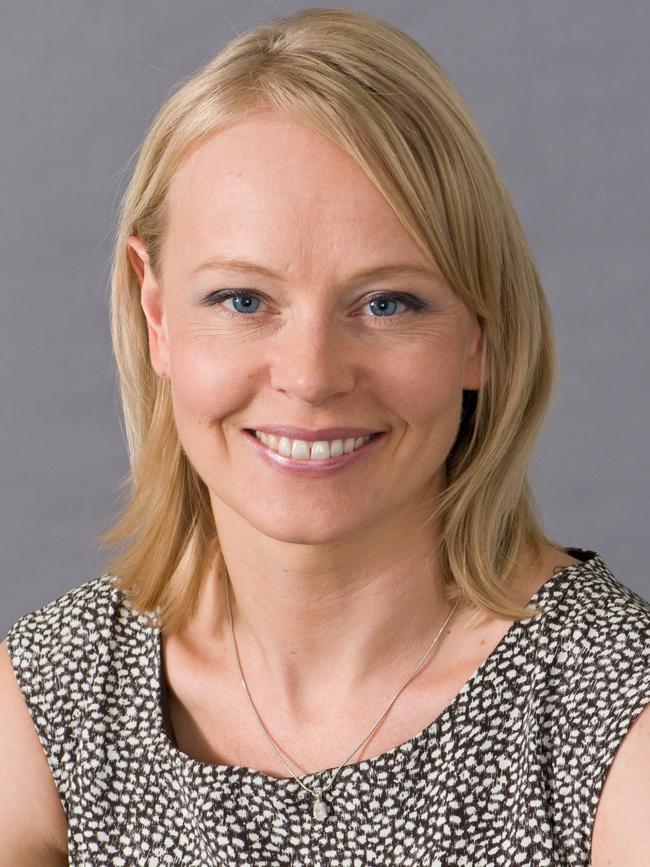
Seniors are also becoming more switched on digitally — 78 per cent of seniors aged 65 to 75 own a smartphone. And as a generation who valued home ownership — 76 per cent own their own place — they are also asset rich.
“Being debt-free really helps,” Mr Falzon said.
HILDA data shows our golden oldies are in fact the richest people in the country, with the household survey stating the “wealthiest households in Australia are couples over 65, who have experienced a real increase in median net wealth of almost 70 per cent since 2002”.
They’re also working longer, with the proportion of older Australians participating in the labour force doubling between 2000 and 2015 from 6 per cent to 13 per cent.
However, ageist attitudes still exist. The Human Rights Commission notes that 43 per cent of Australians aged 65-plus have experienced discrimination because of their age — from being overlooked for work, to being ignored by sales staff, or being made the butt of jokes about technology.
But despite those barriers it turns out they’re the happiest of all of us.
RELATED:
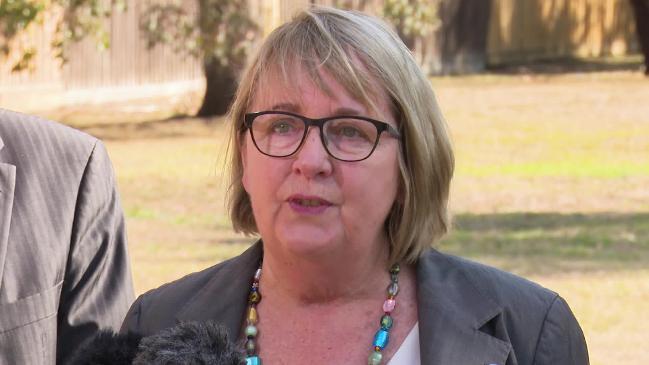
Deakin University senior research fellow Dr Delyse Hutchinson, who works on the annual Australian Unity Wellbeing Index measuring satisfaction with life, said Australians over 66 show up as the most content in life.
“Typically we see the highest scores for wellbeing among those 66 years and over, it is a statistically meaningful difference,” Dr Hutchinson said.
“Once people come into those later years we do see a time when some of those pressures from earlier lift a little, and people enjoy a bit of time back.”
And being typical Baby Boomers, they are determined to do it their way. For a generation who made yoga mainstream in the 1970s, they’ve now created a new market for “chair yoga”. Councils all around Sydney are putting on modified classes where classic moves such as Pose of the Cat have been adapted to an easier “Pose of the Cow”.
And a new “modified sports” program, including walking football, adapted gymnastics and walking netball targeted at seniors, has been a great success.
Roz Anderson, 64, from Port Macquarie rides her bike about three to four times a week — an average 130km.
“I also swim twice a week. I just enjoy the activity and don’t want to give it up,” she said.

